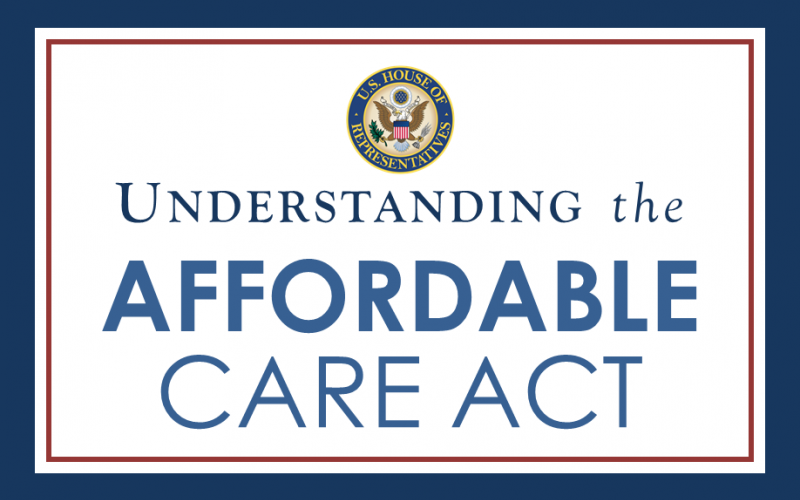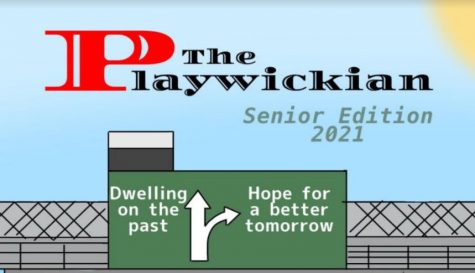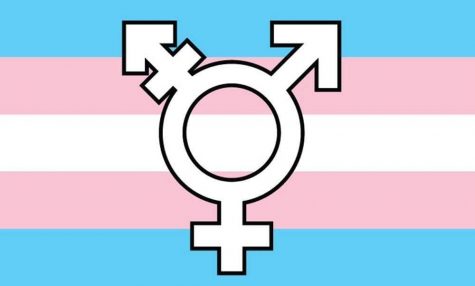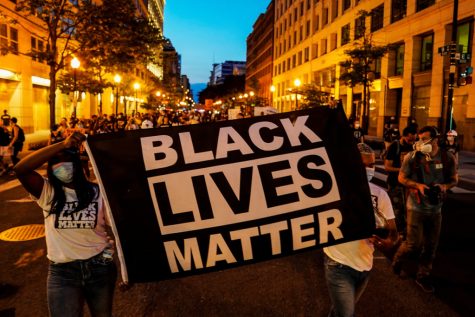Republican health care proposition endangers insurance
Photo via Google under Creative Commons license
The repeal of the ACA has already been a topic in congressional discussions.
America asked for a steak, so the old administration gave it a ham sandwich, and now the new one is replacing that with off-brand dog treats.
This has been the reality for Americans and civil reform since the beginning of time, from when marital rape was almost outlawed completely to when the New Deal almost ended the Great Depression. This brand of disappointment came again when millions of uninsured Americans had the Affordable Care Act thrust upon them, but what they felt at that moment will be nothing compared to what they feel when the Republican replacement to the ACA, the American Health Care Act, goes into effect.
The ACHA, instead of helping the poor sufficiently, helps every class mediocrely. The ACA provides insurance subsidies for individuals making less than $48,000 annually, while the ACHA does the same for individuals making less than $75,000. This sounds great, until you realize that the ACHA, instead of tying subsidy amounts to income, ties it to age. That means a 20-year-old making $20,000 annually would receive much less aid than a 50-year-old making $74,000 in the same period of time.
This age-tying system almost makes sense at first- older people tend to need more medical care on average- until you consider that the ACHA no longer requires insurance plans to cover maternity care, and since most women give birth in their younger years, they would not necessarily be covered and would not receive any more support from the government as a result of their pregnancy. If a woman could not afford the medical bills for such a pregnancy, she might consider getting an abortion instead of carrying her pregnancy to full term. Unfortunately, the ACHA bans insurance plans from covering abortions while receiving federal tax cuts. If a woman’s insurance would not cover such, she might turn to an inexpensive option: Planned Parenthood.
Legislators would also be defunding Planned Parenthood in the ACHA, along with any health care provider that offers abortions other than in the cases of rape, incest, or threat to a mother’s life. As Planned Parenthood has been legally prohibited from using federal funds to provide abortions since 1993 under the Hyde Amendment– and only about 3 percent of the work Planned Parenthood does is abortion-related– this defunding is essentially just striping low income people of access to birth control and STD testing, rather than making it any harder for them to procure abortions from Planned Parenthood. Insurance plans would not be required to cover mental health services anymore, either.
For those young men and women who need access to reproductive and mental health care, it might seem wiser to simply go without insurance and use the money they would have spent on premiums on their medical bills instead. However logical, those who chose this option under the ACHA would be fiscally punished if they wished to buy a new insurance plan after going three months without.
In addition, those depending on state medicaid would likely receive less benefits, because states would no longer receive medicaid funding per capita under the ACHA. As all states would receive the same funding, medicaid participants in a less populated state like Alaska or North Dakota would have more funding available to them than participants in more populated states like California or New York. Large insurance and medical device companies will receive extensive tax cuts under the ACHA.
Despite having the highest approval rating in its existence, Republicans- none of whom will admit to proposing the ACHA- still look to approve the ACA, also known as Obamacare. In fact, most of those who disapprove of the ACA believe that it does not do enough to help the poor, according to a January CNN/ORC poll. The majority of voting Americans also oppose the defunding of Planned Parenthood, according to the Washington Post.
This disparity in government action from public opinion demonstrates a dangerous disregard for the will of the people. Although the ACHA proposal is not yet in its final form, even its beginnings spell trouble for lower class Americans off all ages. The ACHA, along with the anti-poor sentiments that have come with recent education bills, foreshadow a dark future for America’s poor.












